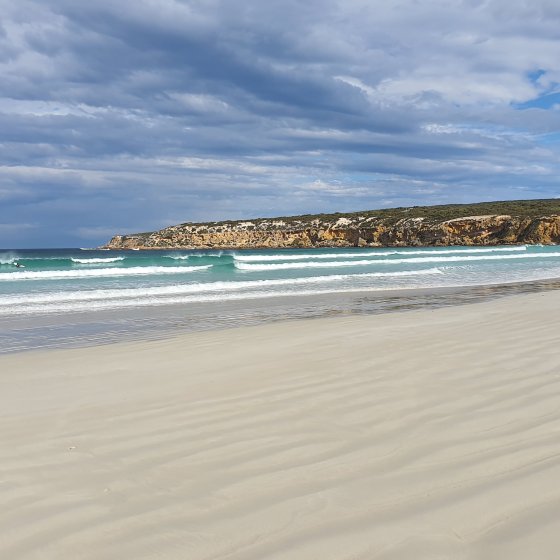- Home
- Recommendations & Issues
- Significant Issues
- Marine Ecosystem-Based Management
Marine Ecosystem-Based Management
The need for ecosystem-based management of our marine environment by government agencies was recognised in the Australia State of the Environment Report 2021. Different marine ecosystems provide various benefits, including natural values, for example, biodiversity, and ecosystem services, including carbon sequestration, fish nurseries and coastal protection. These values need to be adequately recognised, for example, via EEA, when balancing potential environmental impacts with economic and social benefits.
There are multiple pressures on our coastal and ocean environments and the services they provide, including stormwater, agricultural runoff, wastewater discharges, plastic pollution, marine industries and coastal industrial discharges. Climate change itself is a major pressure, and will exacerbate these other issues. The assessment and management of these pressures, including collection of data and monitoring of potential impacts, is currently undertaken independently by a number of organisations. This would be better considered using a more holistic ecosystem-based management approach that considers cumulative impacts.
To achieve better outcomes for the marine environment, the protection and restoration of marine ecosystems needs to be integrated and coordinated, consider individual environmental pressures and cumulative impacts, and be driven by ecosystem characteristics, recognising the values they provide. Integration and coordination would need to span policy, planning, implementation, monitoring and reporting activities, and such an approach will make more efficient use of our resources and knowledge.
